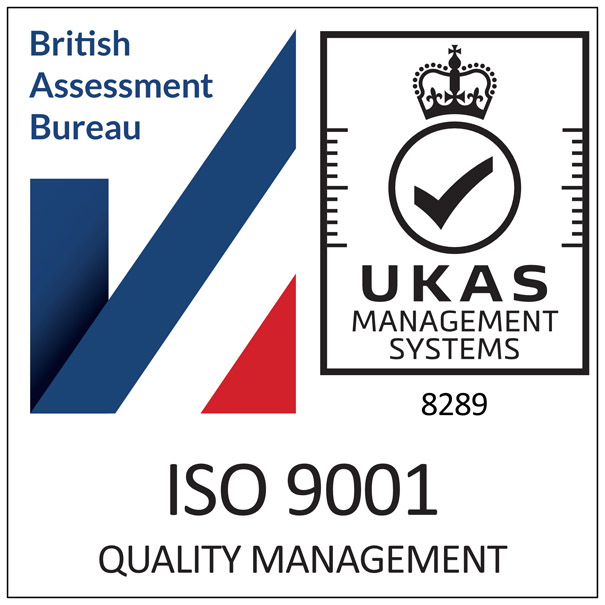
The purpose of this blog post is to explain the difference between two of the most popular drainage solutions – a soakaway and a French drain – and to help you choose the right one for your project.
Here you will find a brief introduction to soakaways and French drains, including details on when you should use them, what they look like and what materials you need to install them.
A soakaway and a French drain: when you should use them
Soakaways and French drains are both efficient drainage systems, but they are distinct solutions that perform different jobs.
Soakaways are primarily used as a solution to excess surface water. They are a means of returning standing water to the land, helping it to percolate into the soil. This safeguards the stability of the ground and reduces the risk of localised flooding.
The main function of French drains is to redirect groundwater away from specific areas, as such dealing with water that is underground). This helps prevent erosion and structural instability, protecting land and buildings as a result.
Soakaways: what they look like and what you need to build one
The most common type of soakaway is a rainwater soakaway. Modern rainwater soakaways are made from lightweight plastic crates (think old milk crates). Regularly referred to as soakaway crates, they can be used for domestic and commercial projects.
The crates are placed in a hole in the ground. How large a hole and many crates you need depends on how large a drainage system you want to create – the crates fit together, making it easy to build a system to your project’s specifications.
The soakaway crates should be wrapped in a non-woven geotextile fabric (we recommend Draintex) and then covered by a layer of pea shingle before covering over with soil. This will stop soil entering the system, maintaining the capacity and efficiency of the soakaway.
French drains: what they look like and what you need to build one
A French drain is a straightforward way of ensuring the discreet and effective drainage of groundwater and flood water, and is suitable for domestic and commercial applications.
This drainage solution is sunk into the ground. The depth of the trench required depends on the size of your project – from 0.2 to 0.6 metres for smaller domestic jobs, up to 6 metres for larger projects.
When installing a French drain – a relatively simple task that can be done in seven easy steps – only a few good quality materials are required. They include a non-woven geotextile fabric, a plastic perforated drainpipe and pea shingle or similar clean, non-limestone gravel.
For the landscape fabric, we again recommend Draintex. It acts as a filter membrane, preventing the shingle mixing with the soil and therefore ensuring that the drain works better for longer.
Water management and the importance of the right drainage solution
Surface and groundwater management is often a key feature of landscaping jobs and, in order to ensure effective drainage and avoid any water-related damage to land and buildings, it is vital that you use the right drainage solution.
Equipped with the information in this blog post, you can make the right decision and install the right solution, providing your customers with reliable protection against waterlogging and flooding, and safeguarding your reputation.
With over 20 years’ experience in the landscape industry, Growtivation understands the needs of landscaping professionals and has concentrated on providing high-performance solutions with our Product That Works range.
Growtivation’s wide range of professional landscaping systems means we have the right solution for all common landscaping problems.
Find out more about the Growtivation Product That Works range by downloading our Product Guide and your free copy of our Landscaping That Works guide to weed control and geotextile fabrics. Our PledgeMark warranty certifies that our products are suitable for their intended use for your peace of mind and quality assurance.
To find out where you can buy Growtivation products, visit our online Where to Buy facility or contact the friendly team at Growtivation for advice on 0800 197 8885 or email sales@growtivation.com.












